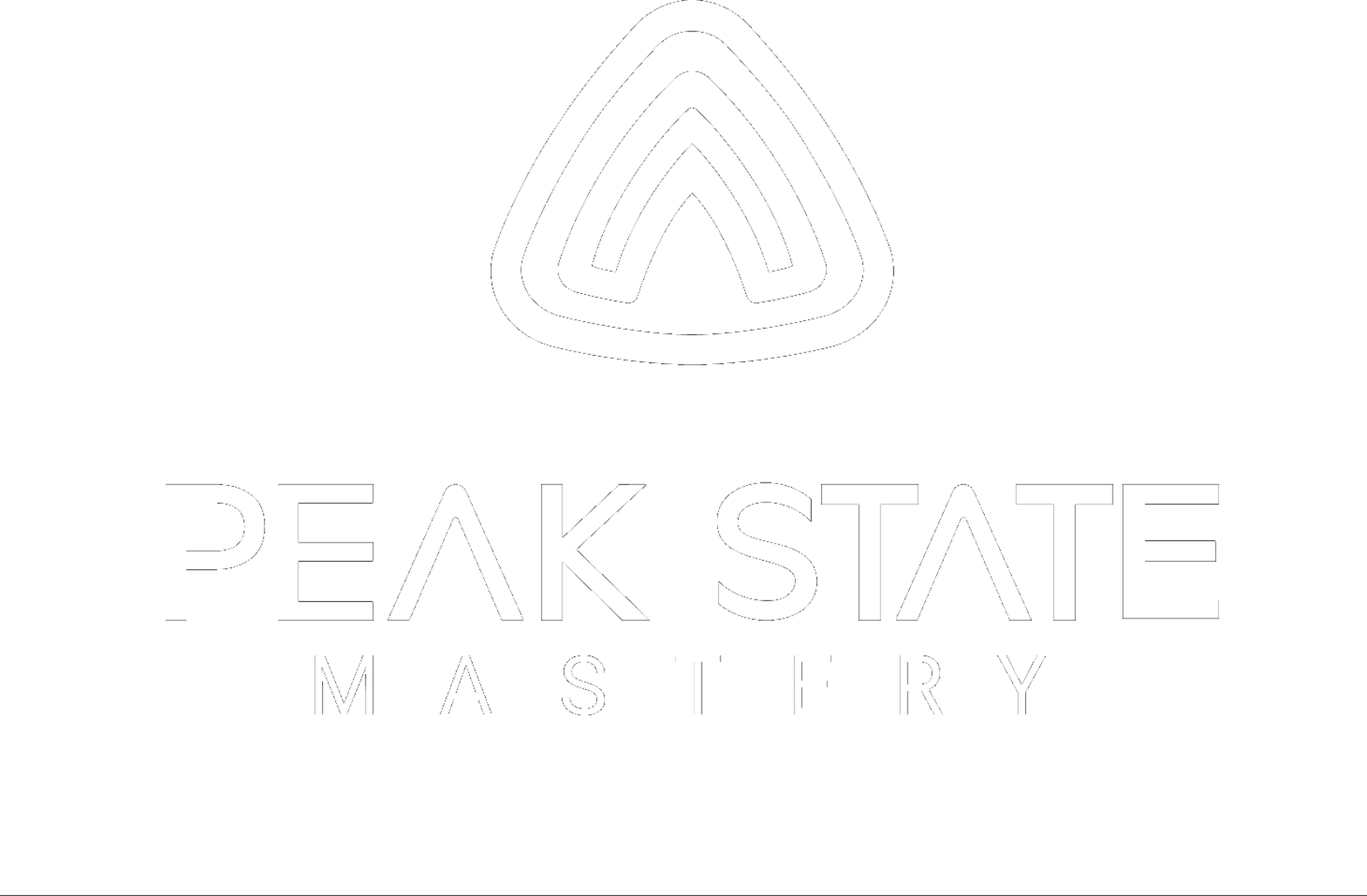We all have times in the course of our workday when our energy reserves can‘t seem to meet our expectations and demands. For some, it could be the challenge to meet multiple, simultaneous deadlines that, for good measure, are fast approaching; solve difficult time-sensitive problems that pile up; stay focused in continuous rounds of meetings, etc. On such trying days, we simply need an extraordinary supply of energy to get things done.
While it might seem impossible to preserve our energy level from dropping precipitously during those exceptionally busy, challenging days, there are practical steps we could actually take to boost our energy and sustain it throughout the day so we can perform optimally and stay in peak state.
An important preliminary step is to prepare for the day, the day prior. This is a sensible, critical first step, particularly if your agenda for the next day is chock-full of schedules and to-dos penned-in and you anticipate a busier than usual day that you would absolutely need an ample amount of energy to sustain you through the day. By preparing yourself well for the day ahead, you mitigate the possibilities of an energy crisis and other woes that might put you under the spotlight for all the wrong reasons.
Get Enough Sleep
Go to bed early and get enough sleep. Easier said than done for working professionals that have spent an entire day staying alert, and then having to commute home. If there's no work to carryover from the office, the easy thing to do for most of us would be to plonk ourselves in front of the boob tube or an iPad for more screen time, in an attempt to relax. We know from research that the average adult needs to sleep around 7-9 hours' per night to function optimally, and not getting sufficient sleep could make the difference between a successful day and a day spent fighting fatigue. Having difficulties sleeping? Avoid using your digital gadget or watching TV late into the night. The artificial light from these devices are known to raise your level of arousal, keeps you alert, and discourages sleep onset. Taking a hot bath, reading a book, or lying flat on your back and doing a few minutes of diaphragmatic breathing before bedtime instead can help you relax and ease you into sleep. (read our tips about sleep here)
Do Physical Exercise
Morning exercises might be hard to organize, especially if you are not a morning person or have to start your day bright and early. But if you want to have more energy, try to do a few minutes of simple exercise at some point during the day. Numerous research has shown that physical exercise – even light ones – is associated with lower risks for depression and can improve brain function. Finish off your exercise routine with a cold shower instead of a warm one to wake your body up.
Eat a Nutritious Breakfast
Your first meal of the day is important because it provides essential nutrients to fuel mind and body. To give you the energy boost that you need for the day, consider a balanced breakfast that includes a combination of protein from meat, fish, eggs, a variety of vegetables and healthy fats from olive and coconut oils, avocado, bacon. An occasional fruit juice is fine but choose vegetable juice (fresh or natural juice, no sugar) over fruit juice. Admittedly, healthier breakfasts take time and effort to plan and prepare, but as much as it is tempting to go for off-the-shelf nutrient-poor, sugar-coated cereals, and other carbohydrates-heavy processed food from your local supermarket, the energy and health benefits you derive over the long-term from nutritious food choices far outweigh bad ones. Most professionals are familiar with the increasingly popular Paleo and Ketogenic diets. If you have been a victim of nutrient-poor, carb-dependent diets, educate yourself on what would help you to enhance your energy, health and vitality.
Have a Caffeinated Drink at the Right Time

Most working professionals enjoy (or desperately need) their morning coffee to kick off the day. Drinking coffee or tea at the right time contributes to improved alertness (1).
Since our body has its own circadian rhythm in relation to cortisol production, it is best to consume coffee in the morning between 9 a.m. and 11:30 a.m. and between 1 p.m. and 5.00 p.m. in the afternoon when your cortisol level begins to abate. In addition, it's best to avoid consuming coffee less than 6 hours before going to bed so as not to disrupt your total sleep time (2). As an aside, if you enjoy coffee, consider drinking a dark roast coffee blend as it has the added advantage of activating potent anti-oxidants and reducing DNA damage, based on the results of a 4-week randomized controlled study (3).
So what happens if you have done all the preparation the night before, settle into your work routine, then finds that as the day unfolds, fatigue sets in and your energy level gradually takes an unstoppable slide down a slippery slope? These tips will help you get through the rest of the day.
Stay Hydrated
When you feel sleepy and exhausted in the middle of the day, do not immediately double up the intake of your caffeinated drink, because it will make you feel jittery. One of the common causes of fatigue is dehydration. Hence, drink plenty of water instead. You might feel more alert and awake. In order for our brain and body to function properly, the U.S. National Academies of Sciences, Engineering, and Medicine determined that on average, men need about 15.5 cups (3.7 litres) of fluids and women need about 11.5 cups (2.7 litres) of fluids a day, including fluids from water, other beverages and food.
Meditate

Just a few short years ago, the idea of practising meditation or spending personal quiet time in the context of the workplace was almost unheard of and probably regarded by some as outright unacceptable. These days, it's not only commonplace to find designated wellness or recharge rooms in offices for meditation and quiet contemplation, some companies such as Apple go as far as encouraging employees to take meditation breaks daily.
A study found that practising mindfulness meditation can increase attention and open awareness. Doing it, even for as little as 5 minutes, can help you calm your chattery mind, allows you to re-centre and organize your thoughts, and create a step-by-step problem solving sequence in your mind to help you get through the day (4). If you have difficulties doing meditation on your own, there‘s a plethora of guided meditation resources available on the Internet that you could explore. (sign up to gain early access to our App to get free and practical guided meditation)
Practice Breathing Exercise
While doing your brief meditation, it is also important to be mindful of your breathing. There is ample evidence that doing deep or diaphragmatic breathing of between five and seven breaths per minute can increase heart rate variability, creating a coherent heart rhythm that leads to engagement of cognitive processes and increase your threshold for stress, among other health benefits (5). Choose a relaxed sitting position or lie down flat on your back, close your eyes, and take a few deep breaths.
Get Moving!
Simply put, movement is important for your health. There is research evidence that links sitting too long (sedentary behaviour) to numerous health problems, such as type-2 diabetes, cardiovascular risk (6) and depression (9). Moving around, especially if you have been sitting on an office chair for several hours, can re-energize your body and keep blood flow circulating.
Listen to your Favourite Music
Feeling stuck while doing work? Play your favourite music! A 2005 study found that participants that were given the opportunity to listen to music while working – any kind of music that the participants choose and enjoy – reported a significant elevation in positive mood and creativity (7).
At the end of those long, busy days, most of us usually stumble home feeling exhausted, perhaps still harbouring negative sentiments from the friction at work. Regardless of how challenging your work day might have been, incorporating this last practice into your routine might help you feel better and prepare you for the challenges of the next workday.
Keep A Gratitude Journal

A 2008 positive psychology study that has been corroborated by other researchers, found that participants that write a gratitude journal at least once a week for 10 weeks in a row report being happier, more hopeful, and experience better health (8).
You can start with something simple, like writing two to three things you are grateful for today. You can even be grateful that you are having a busy but productive day, as opposed to having nothing to do! Gratitude journaling could be an outlet to let go of the negativity we carry around. It can potentially turn energy sapping, soul sucking emotions into something that propels us confidently forward.
Take steps today to mindfully implement these habits and begin to experience the difference. If implementing them all at once might be too much of a challenge, incorporate them incrementally at a pace you are comfortable with. Regardless, take charge and begin the journey to reclaim the energy you need to get the most out of your workday.

